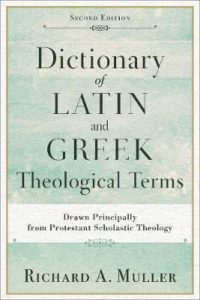
actus purus: pure or perfect actualization or actuality; sometimes actus purissimus: most pure actuality; a term applied to God as the fully actualized being, the only being not in potency; God is, in other words, absolutely perfect and the eternally perfect fulfillment of himself. It is of the essence of God to be actus purus or purissimus insofar as God, self-existent being, is in actu (q.v.), in the state of actualization, and never in potentia (q.v.), in the state of potency or incomplete realization. This view of God as fully actualized being lies at the heart of the scholastic exposition of the doctrine of divine immutability (immutabilitas Dei, q.v.). Immutability does not indicate inactivity or unrelatedness, but the fulfillment of being. In addition, the full actualization of divine being relates strictly to the discussion of God’s being or essence ad intra and in no way argues against the exercise of divine potentia ad extra, potency or power toward externals. In other words, God in himself, considered essentially or personally, is not in potentia because the divine essence and persons are eternally perfect, and the inward life of the Godhead is eternally complete and fully realized. E.g., the generation of the Son does not imply the ontological movement of the Second Person of the Trinity from a state of incomplete realization to a state of perfect actualization. Nonetheless, the relationships of God to the created order, to the individual objects of the divine will ad extra, can be considered in potentia insofar as all such relations depend upon the free exercise of the divine will toward an order of contingent beings drawn toward perfection.
immutabilitas: immutability, changelessness; especially, the immutabilitas Dei, or immutability of God, according to which God is understood as free from all mutation of being, attributes, place, or will, and from all physical and ethical change; Continue reading “The Pure Actuality, Immutability and Simplicity of God – Latin Terms”
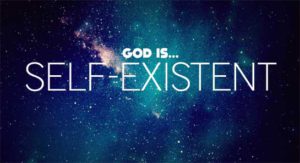
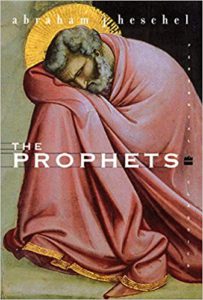
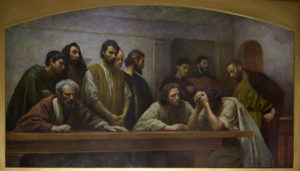
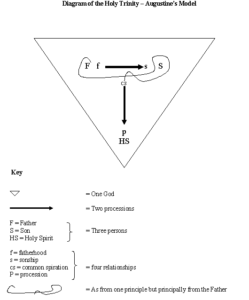
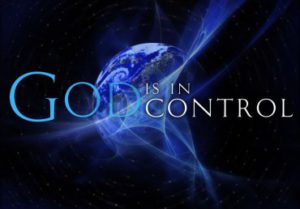
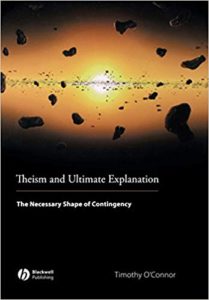
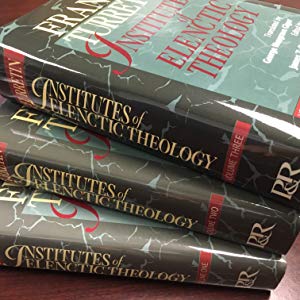 THIRTEENTH QUESTION: MIDDLE KNOWLEDGE
THIRTEENTH QUESTION: MIDDLE KNOWLEDGE